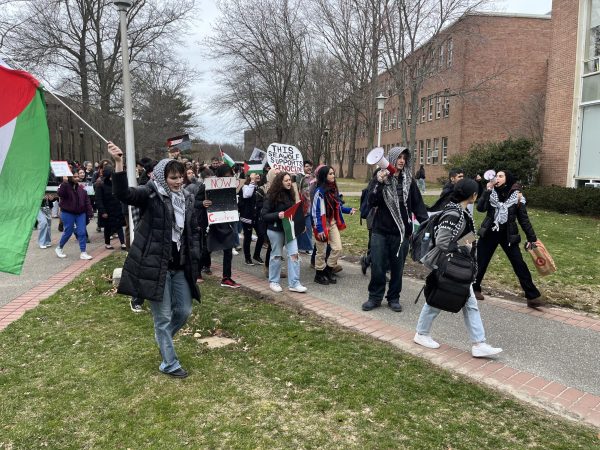
Backlash is continuing to surface against Stony Brook University’s administration for the arrests of nine pro-Palestine demonstrators on Tuesday, March 26. This time, faculty are leading the charge.
A group of faculty members have authored an open letter to the Stony Brook administration, accusing the University of criminalizing free speech and peaceful protest. The letter demands for the charges against the arrested demonstrators to be dropped, for a public accounting of the decision-making behind the arrests to take place, for the administration to reverse policies that require student protests to be planned out in advance and for the removal of law enforcement officers from peaceful demonstrations and events.
“The administration’s March 26th actions were contrary to our university’s culture and historical tradition and do not make for a safe and civil campus,” the letter reads. “As faculty, students, staff, and community members, we are concerned that the university responded to a sit-in with arrests, which is tantamount to criminalizing free speech and peaceful protest.”
The letter comes as the fallout from the initial arrests continues to play out. Following the arrests, an emergency sit-in protest was held at the Administration Building on Wednesday, March 27, with an additional protest taking place on April 3. During the monthly University Senate meeting on Monday, April 1, students and faculty voiced their displeasure with the arrests.
Manisha Desai, a professor in the Departments of Sociology and Women’s, Gender, and Sexuality Studies and the director of the Center for Changing Systems of Power, was one of the faculty members who composed the letter. In an interview, she attributed the arrests to what she called the “corporatization of the academy,” or the idea that the shift of funding away from public universities across the country has led to schools becoming more “corporate” in how they handle demonstrations like the one on March 26.
“Along with that sort of imperative to get funding has come the very managerial model of managing universities,” Desai said. “And so you sort of see a lot of practices of corporate and management that have kind of come into the University. And [then] comes the focus on law and order, civil discourse, which means no protests, no loud disruptions.”
Desai also claimed that President Maurie McInnis had used certain wording during the April 1 Senate Meeting that downplayed the demonstrators’ arrests.
“President McInnis began by saying that first of all the students were removed. She did not use the word arrested,” Desai said. “They were taken to the police station and detained for three hours. That is not just removed from the [Administration] Building.”
Abena Asare, a Professor in the Department of Africana Studies, shares similar sentiments to Desai in regards to the wording used by McInnis. Following the April 1 faculty senate meeting, Asare sent an email to McInnis expressing concern about her language choice and the impact the arrests are having on students.
“I know that the students in my classes are reeling and asking whether the university admin has their best interests at heart if we would risk their records in this way,” Asare wrote in the email, which was shared with The Statesman. “We should keep in mind that many of these students are deeply connected to the ongoing genocide and devastation in Gaza. These are students that require support, understanding, and respect not surveillance and ultimatums.”
Asare has not yet received a response to her email.
Josh Dubnau, a professor in the Departments of Anesthesiology and Neurobiology and Behavior, drew upon his own experience of protesting at Stony Brook as an undergraduate student in concluding that the University’s conduct wasn’t correct.
Dubnau explained in an interview that while attending Stony Brook, he had been active in movements calling for divestment from South Africa amid apartheid. Yet, he couldn’t recall a time when the administration at the time acted comparably to the March 26 protest.
“When I was an undergraduate here, students organized protests that included sitting down in the lobby of the Administration Building, sleeping there and occupying the lobby for multiple nights,” Dubnau said. “Issuing demands to President Marburger, who was the president at the time, that included that he meet with us and that included divestment demands. My recollection is there were no arrests. We certainly were never ejected from the lobby by the police.”
He also pointed out that many of the protestors likely felt intimidated by the University’s decision to use policing at the protest and the attendance of top University officials.
“They are typically ringed and encircled by university police,” Dubanu said. “They are surrounded by top brass within [the Division of] Student Affairs and also from others from the President’s Office in a manner that is intimidating to students. It’s intimidating to have the Vice President for Student Affairs standing there looking on like this as you’re trying to protest.”
Many of the interviewed faculty expressed concern that the University’s claims that the students were disruptful and did not follow an agreed-upon route for the protest conflicted with the point of protesting.
Robert Chase, a professor in the Department of History who was also involved with composing the letter, expressed that many protests throughout history have used disruption as an agent of change.
“Any social protest movement for human rights, civil rights, social justice, part and parcel of that movement is disruption,” Chase said.
In a statement, Stony Brook officials highlighted that the University supports free speech, though they made the point that demonstrations must follow certain University guidelines.
“At Stony Brook University, we value the right to free speech and peaceful assembly,” the statement reads. “We respect the right of individuals to express their opinions and beliefs, and we encourage robust dialogue and civil discourse. As an academic community, we are committed to fostering an inclusive and respectful environment where diverse perspectives can be heard and respected. We understand that demonstrations and protests can be important parts of this process. However, they must comply with time, place, and manner guidelines”
In response to the concerns raised about policing on campus, University officials wrote that “The University Police Department is a full service, fully accredited NY State law enforcement agency and has been providing police services on the campus since the late 1990s.”
Despite this, Anna Hayward, an associate professor in the School of Social Welfare, said that from her point of view, there was a “Palestine exception” on campus — or the idea that free speech is permitted for all topics other than protesting the war between Israel and Hamas.
“We haven’t seen the same level of policing with other topics,” Hayward said. “So we have had protests in the past for parking, for grad students, or whatever topic and we just haven’t seen this escalation. So my feeling is that it’s sending a message of silencing to the students.”
However, the way that the University will respond to the fallout of the arrests is largely uncertain. For Hayward and the other faculty members, dropping the charges against those arrested and reevaluating policing on campus are some major steps they feel would be ideal for the administration to take.
“I think the University needs to drop the charges against the students, where they do not have to deal with a court date and have this arrest on their record,” Hayward said. “I think that we need to understand what the parameters are for arresting students and understand who made those decisions, where these decisions are coming from. And then we need to have a real conversation and change in policy about the increase in policing of peaceful events.”








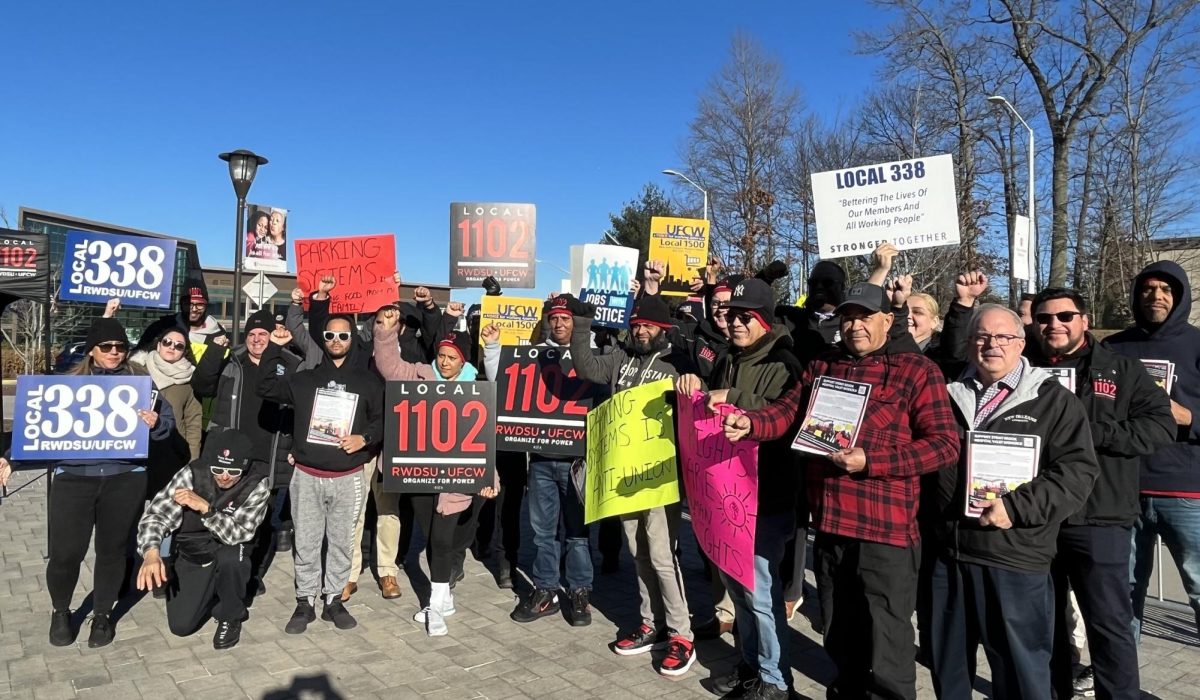
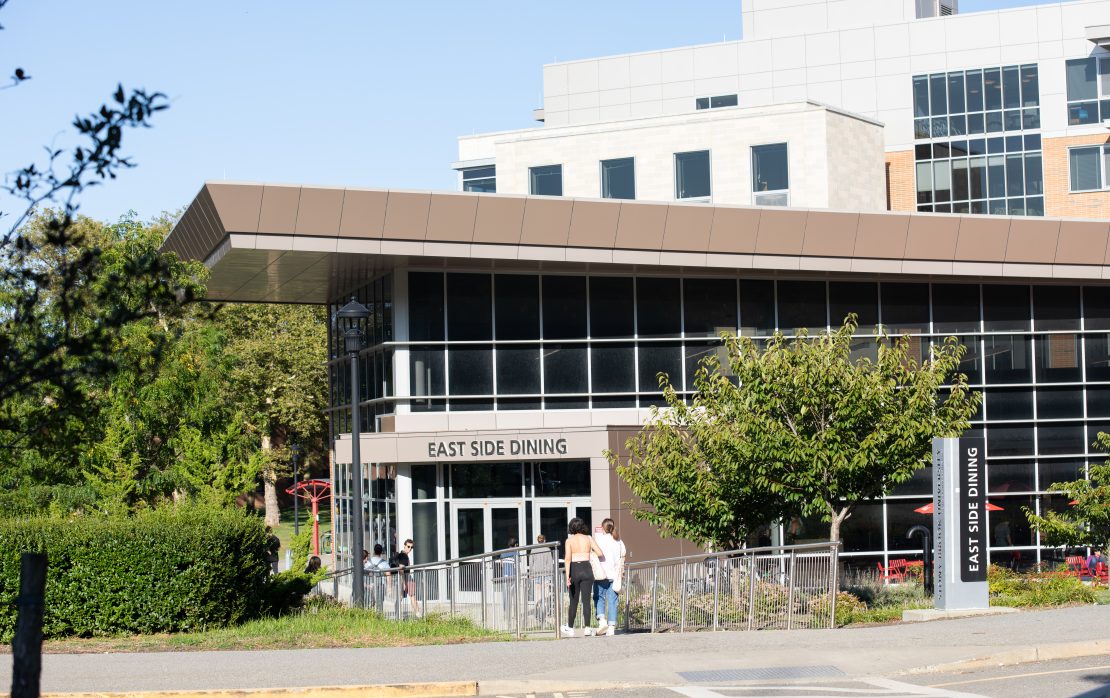
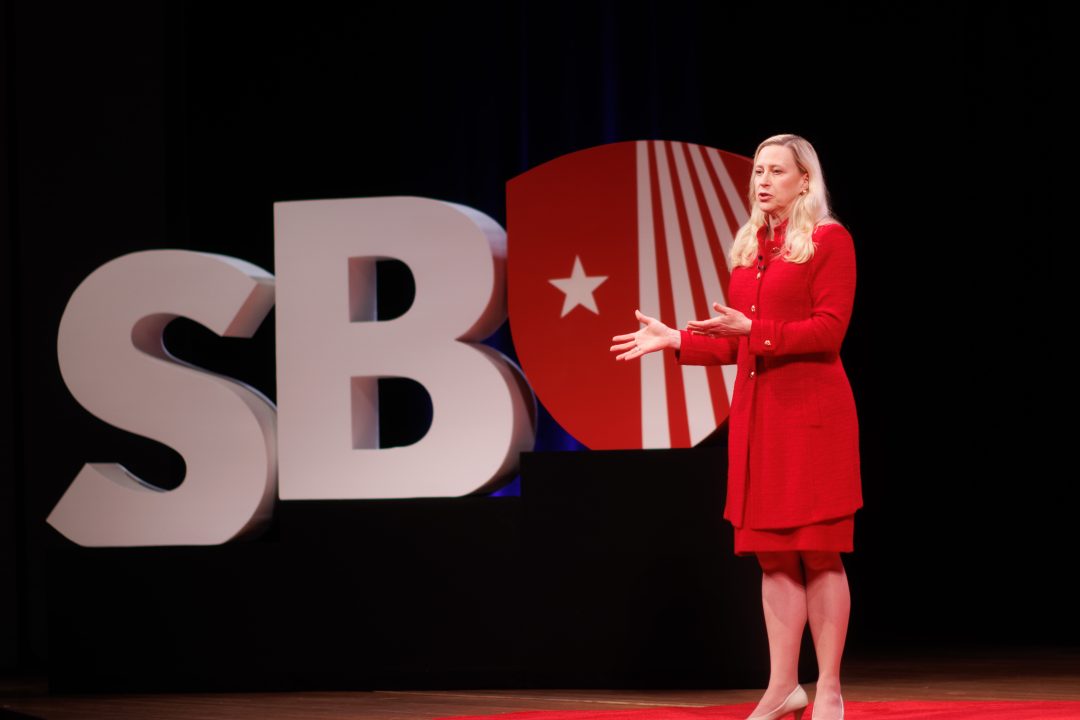




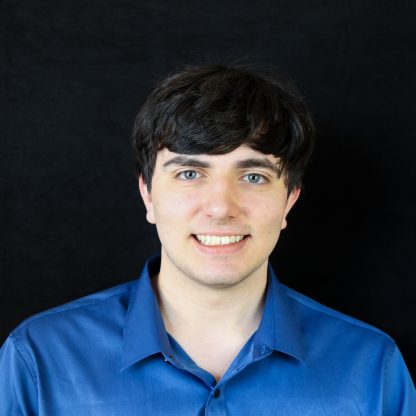

Hélène Volat Librarian Emerita • Apr 17, 2024 at 4:47 pm
Is free speech no longer an essential component at Stony Brook University? I am horrified and outraged that these students were arrested for demonstrating. I too remember arriving at Stony Brook in the early 70s and witnessing protests. President Marburger always respected the Stony Brook community and its students. This administration does not.
Robert Sweeney Ret Police Lt SUNY Police Dept • Apr 22, 2024 at 2:40 pm
As a Retired Member of the State University Police at SUNY Stony Brook ! I remember many protests and arrest made when persons demonstrating various Wars and Different Causes ! When the demonstrators break New York State Penal Code such as trespassing and violent actions they were removed and given appearance tickets to appear in Criminal Court ! In my 35 plus yrs as a Police Officer and then a Police Lt ,there many arrests made during the Tent City Protests in 1987 ,when the Graduate Students in protest to not being allowed to form a Labor Group decided to move tents to the Academic Mall in violation of a Trespass Order signed by a County Judge enforcing a University Rule against said occupation! For Two Weeks at Sundown we would along with members of Health and Safety read the order to these Students and then arrest them and transport them into the basement of the Admin Bldg ,where our confinement facility was at the time for arrest processing !They would then be released with an appearance ticket if they didn’t resist their arrests in a physical manner ! We did have several who were transported to the Sixth Precinct in Coram for open warrants ! In 1990 during the hey day of the Blood Drive Demonstrations on Campus in regard to the CDC regulations against persons from Haiti and East Africa donating blood ,we had several occasions where the Demonstrators caused Alarm and annoyance to Blood Center Staff by blocking access to the Blood Drive and on one occasion became physical with Police Officers protecting the Staff ! I was pelted with rocks and bottles of frozen water and frozen oranges and was injured while arresting a Demonstrator who attempted physically to enter the site ! I received a sprain to my wrist when several Demonstrators slammed by wrist between a set of double doors leading to an enclosed area ! We finally had to call in Suffolk Pd to assist us ! So yes arrests are made when Demonstrators are no longer peaceful !